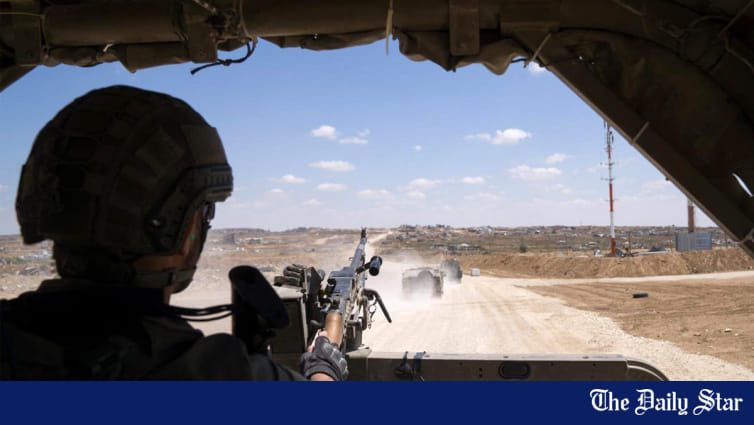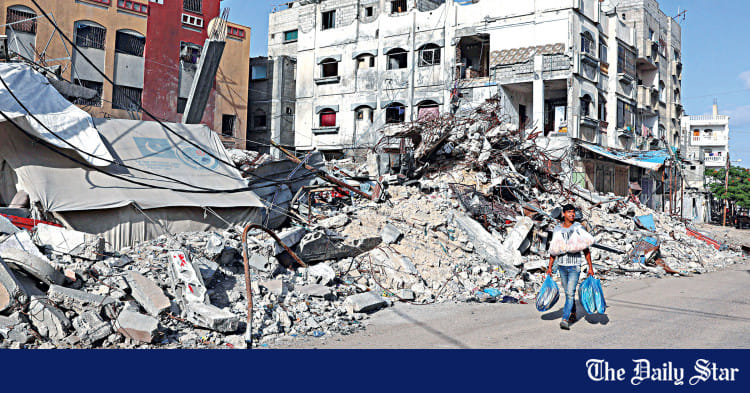Saif
Senior Member
- Messages
- 17,408
- Likes
- 8,373
- Nation

- Residence

- Axis Group


Germany, Portugal say time not ripe to recognise Palestinian state
Germany and Portugal express reservations about recognizing a Palestinian state, citing lack of clarity on territory and unresolved issues, preferring a negotiated two-state solution.
Germany, Portugal say time not ripe to recognise Palestinian state
AFPBerlin
Published: 24 May 2024, 21: 53

German Chancellor Olaf Scholz (R) and Portuguese Prime Minister Luis Montenegro address a joint press conference after talks at the Chancellery in Berlin, Germany on 24 May, 2024AFP
The leaders of Germany and Portugal said Friday the time was not ripe to recognise a Palestinian state, after three other European nations announced plans to do so.
"We have no reason to recognise the Palestinian Authority as a separate state now," Chancellor Olaf Scholz told a press conference after talks with Portuguese Prime Minister Luis Montenegro.
"There is no clarity about the territory of the state and other questions related to it," he said.
"What we need is a negotiated solution between Israel and the Palestinians that amounts to a two-state solution... but we are still a long way from there," he said.
To read the rest of the news, please click on the link above.
AFPBerlin
Published: 24 May 2024, 21: 53
German Chancellor Olaf Scholz (R) and Portuguese Prime Minister Luis Montenegro address a joint press conference after talks at the Chancellery in Berlin, Germany on 24 May, 2024AFP
The leaders of Germany and Portugal said Friday the time was not ripe to recognise a Palestinian state, after three other European nations announced plans to do so.
"We have no reason to recognise the Palestinian Authority as a separate state now," Chancellor Olaf Scholz told a press conference after talks with Portuguese Prime Minister Luis Montenegro.
"There is no clarity about the territory of the state and other questions related to it," he said.
"What we need is a negotiated solution between Israel and the Palestinians that amounts to a two-state solution... but we are still a long way from there," he said.
To read the rest of the news, please click on the link above.








